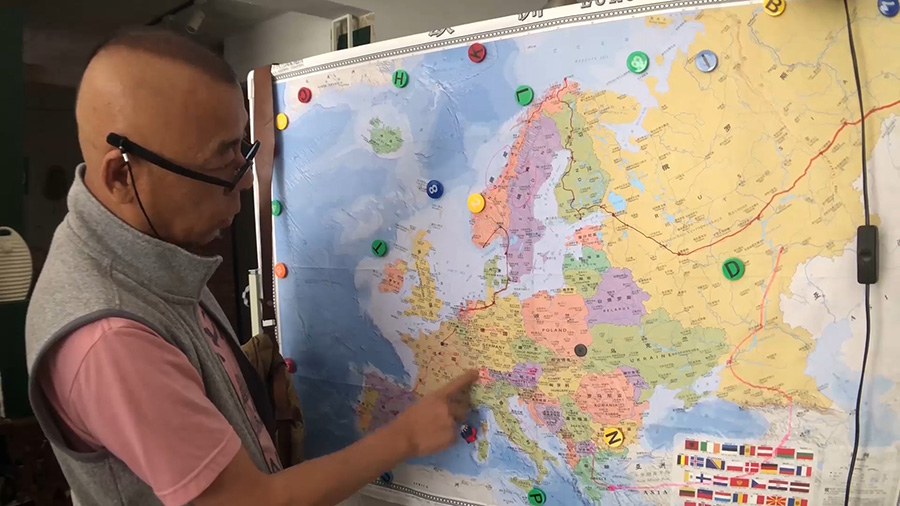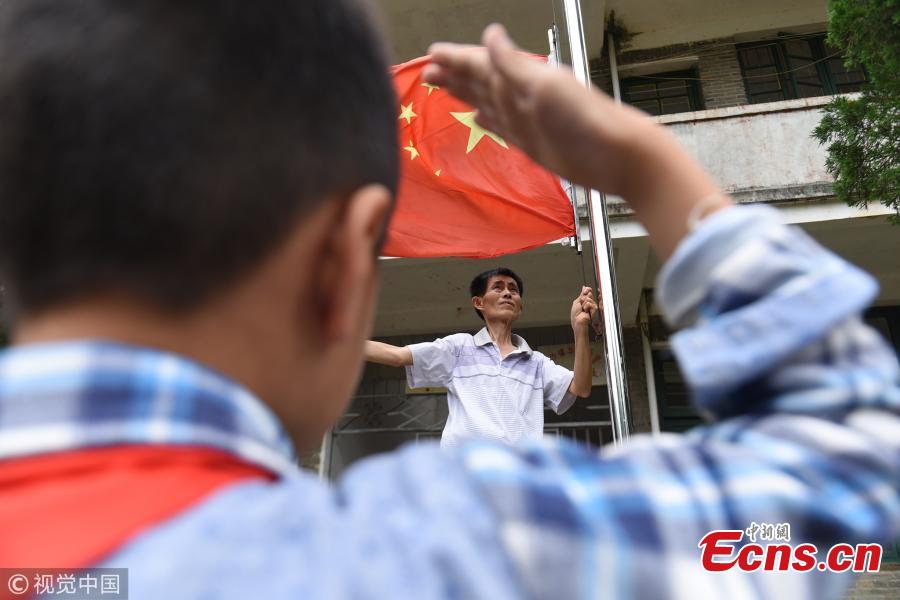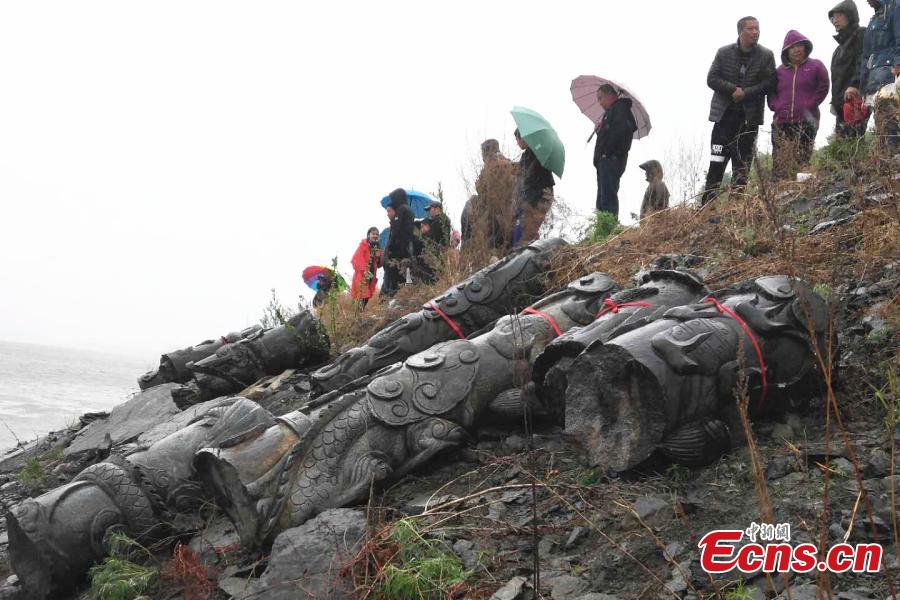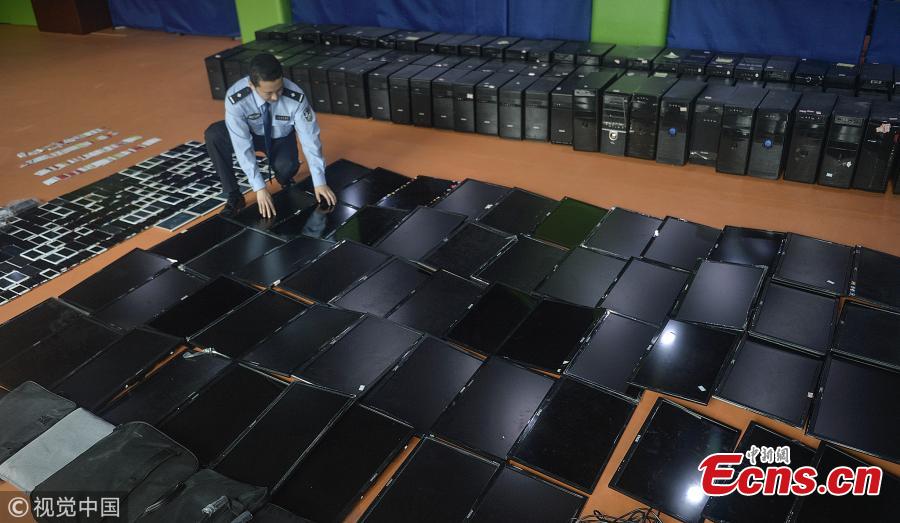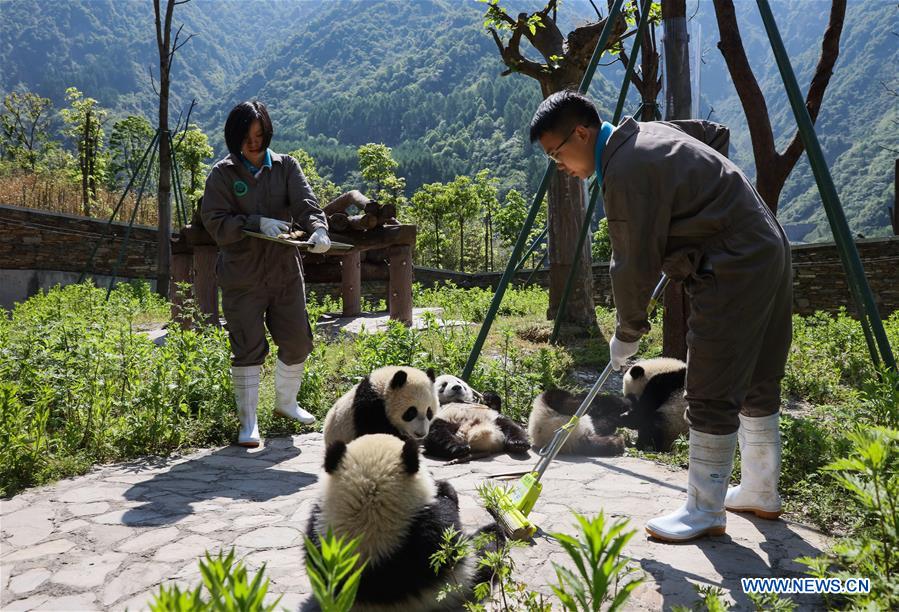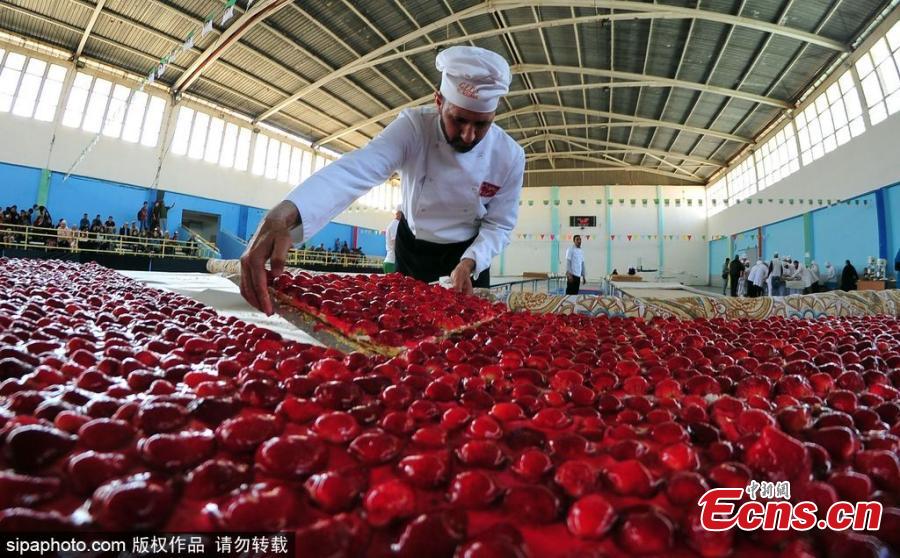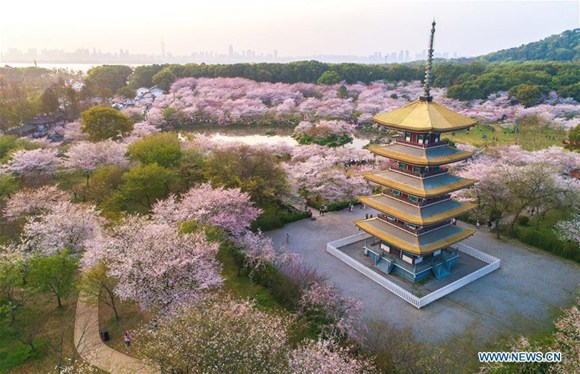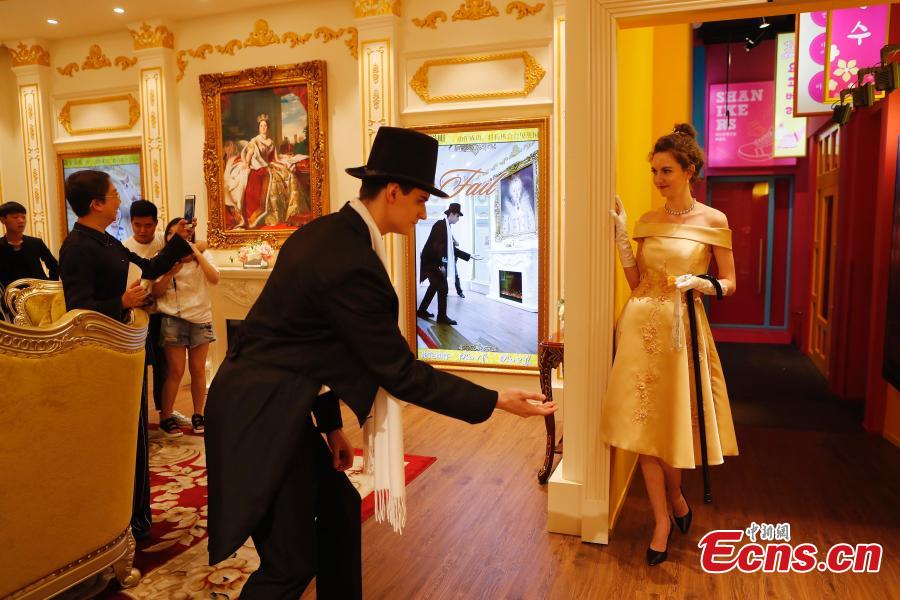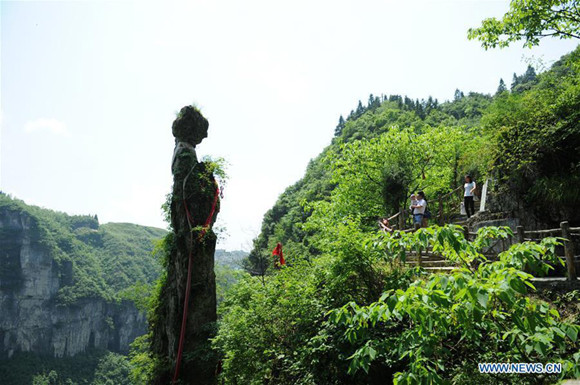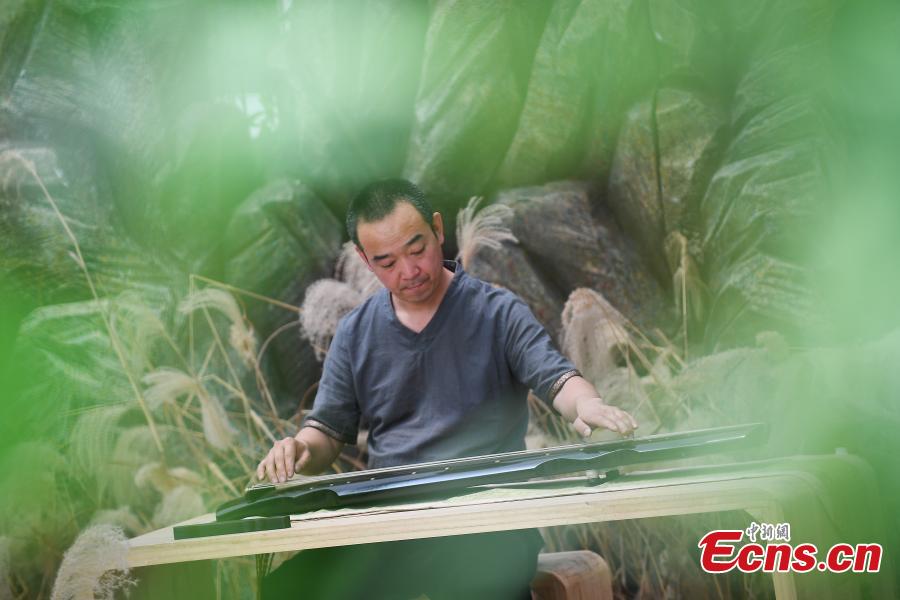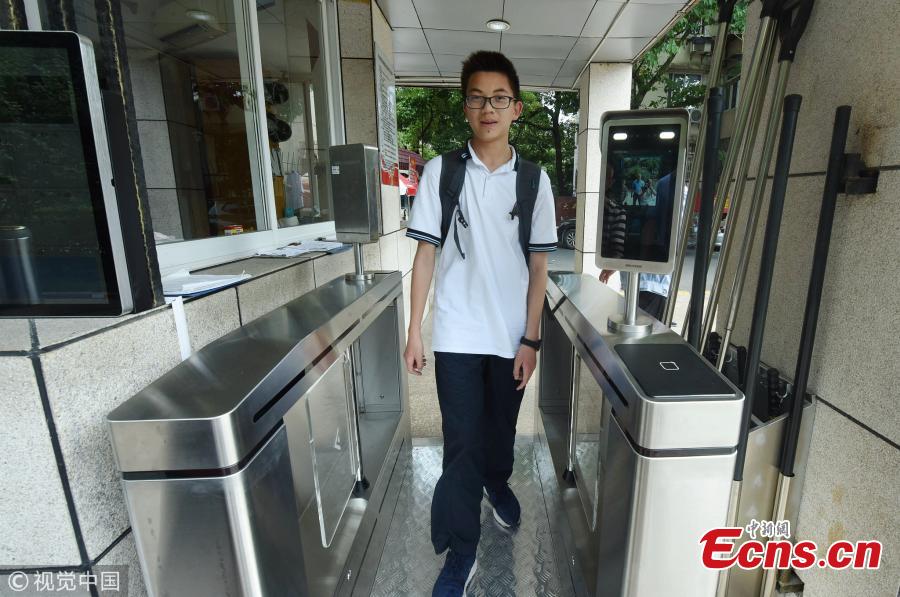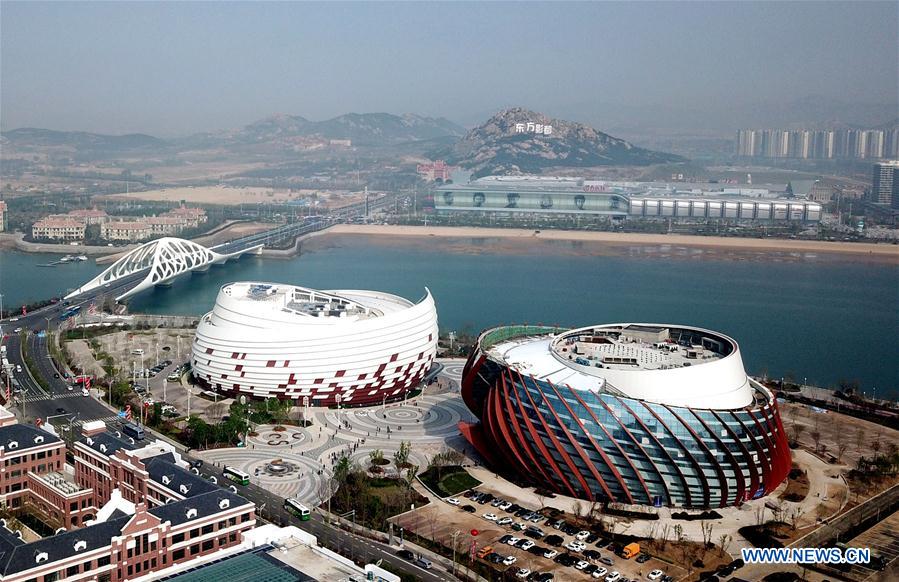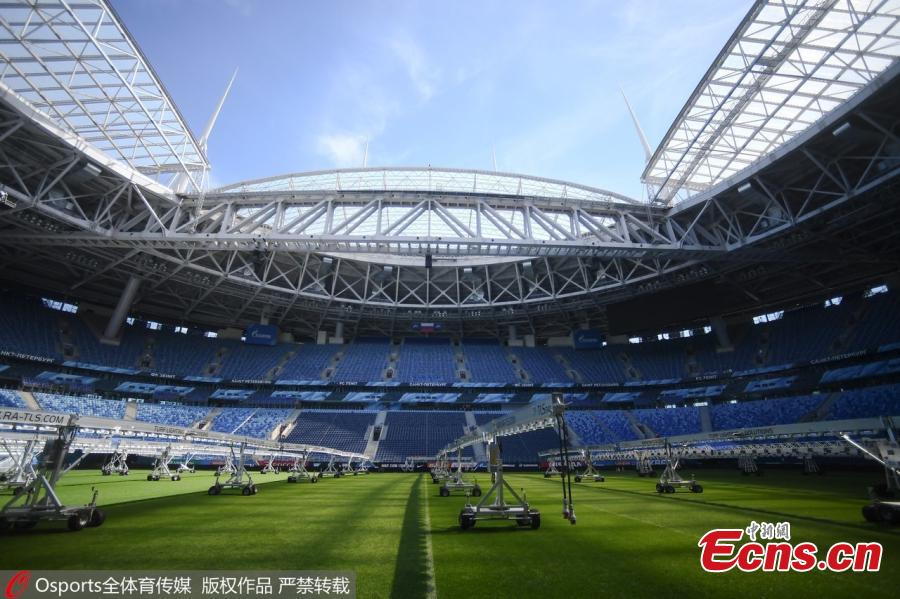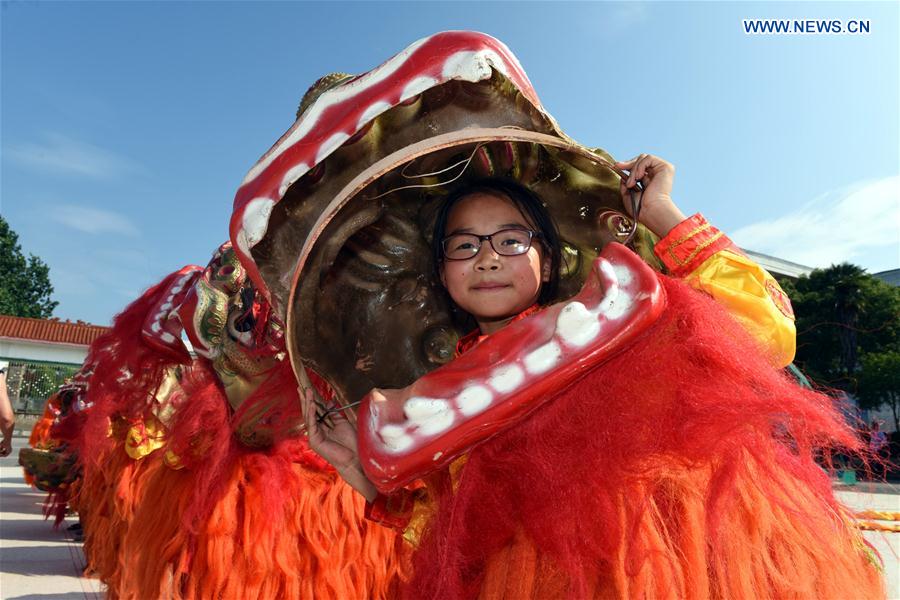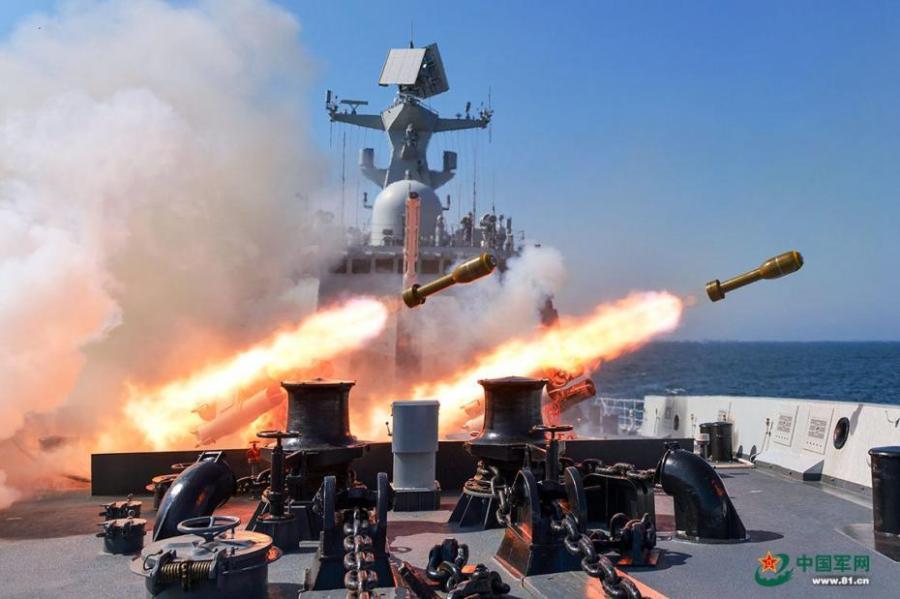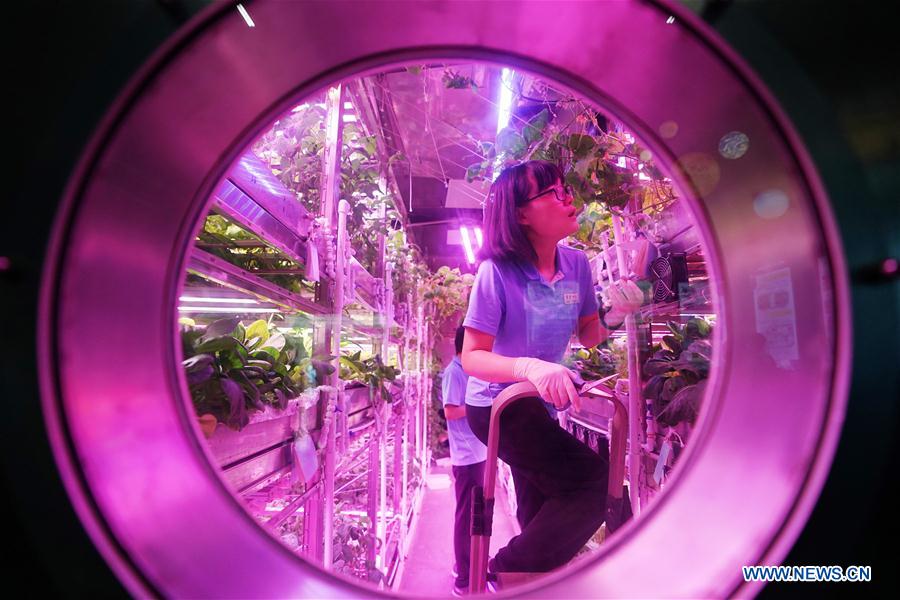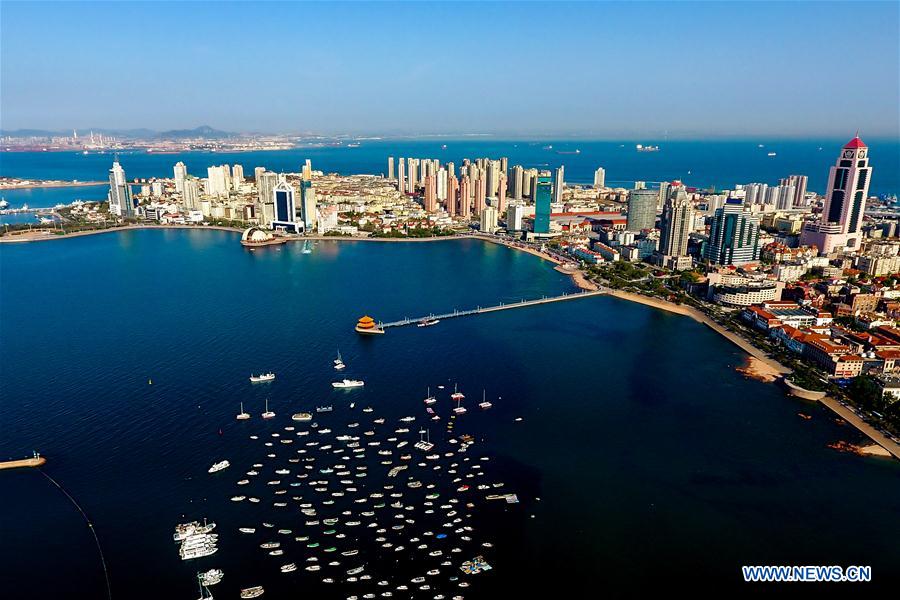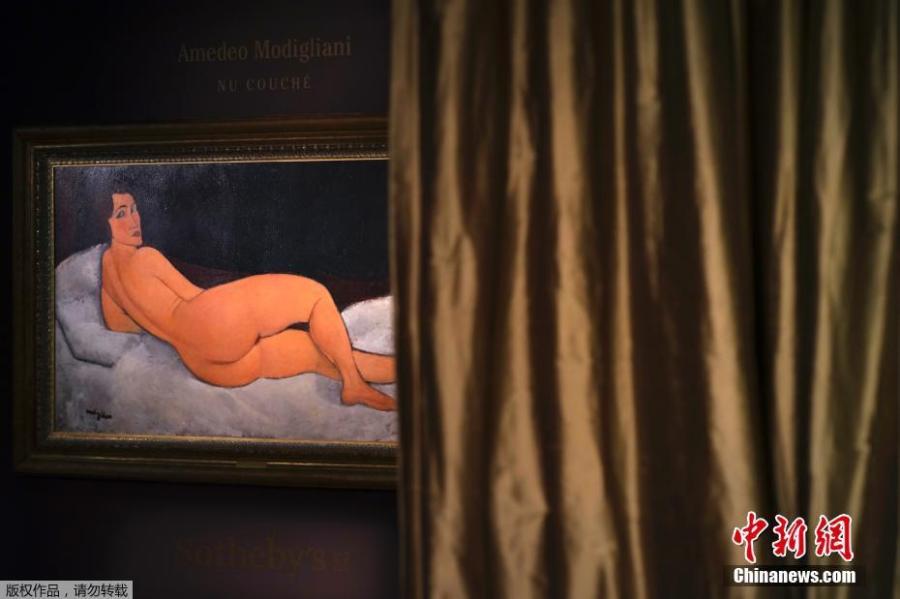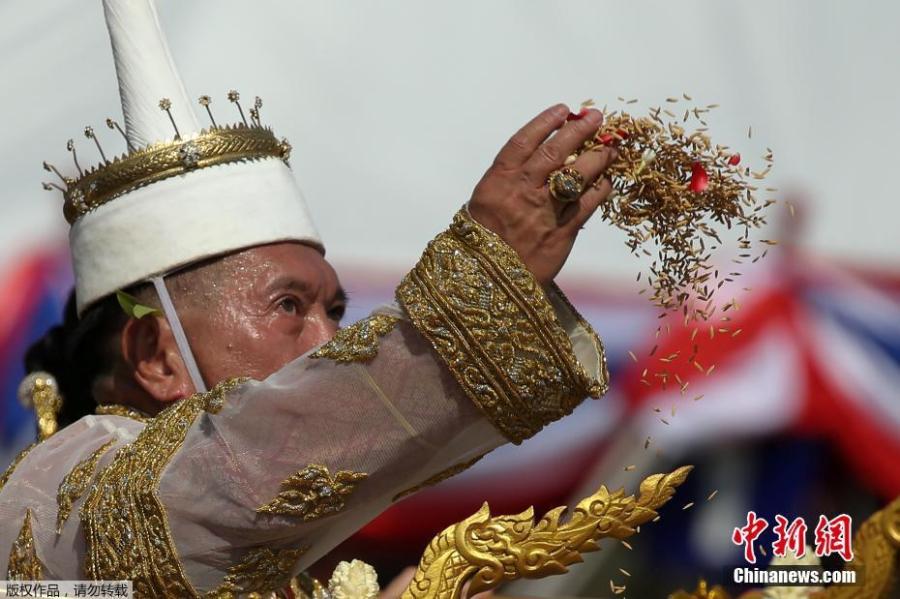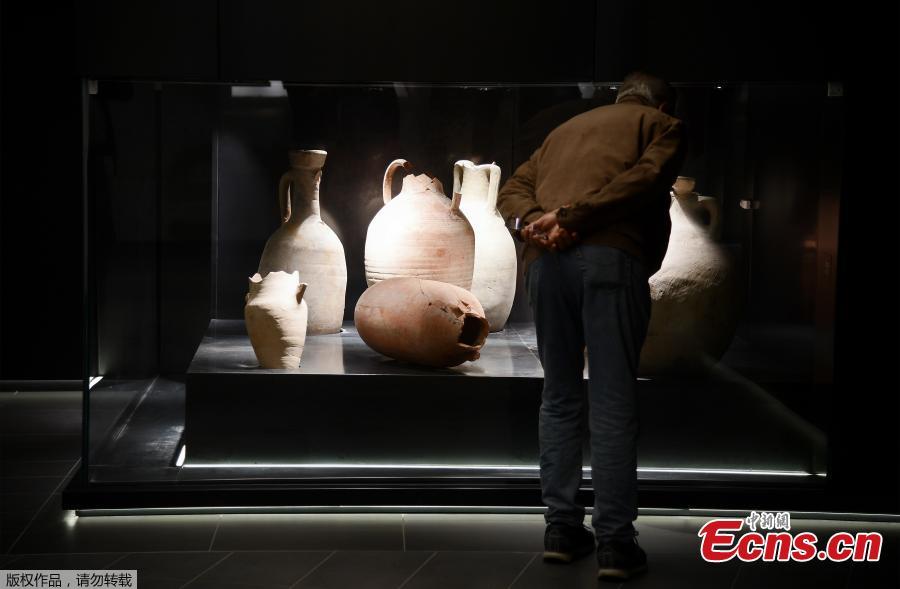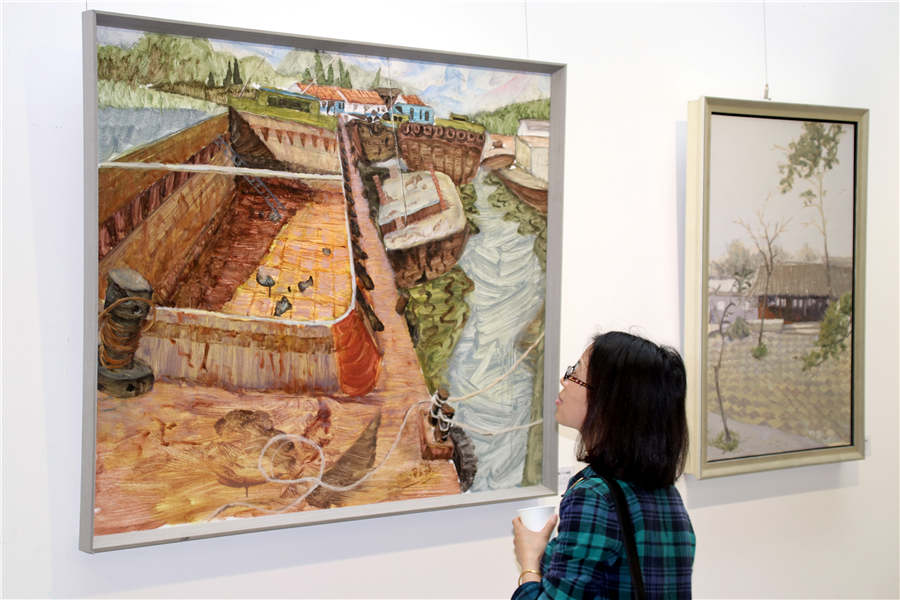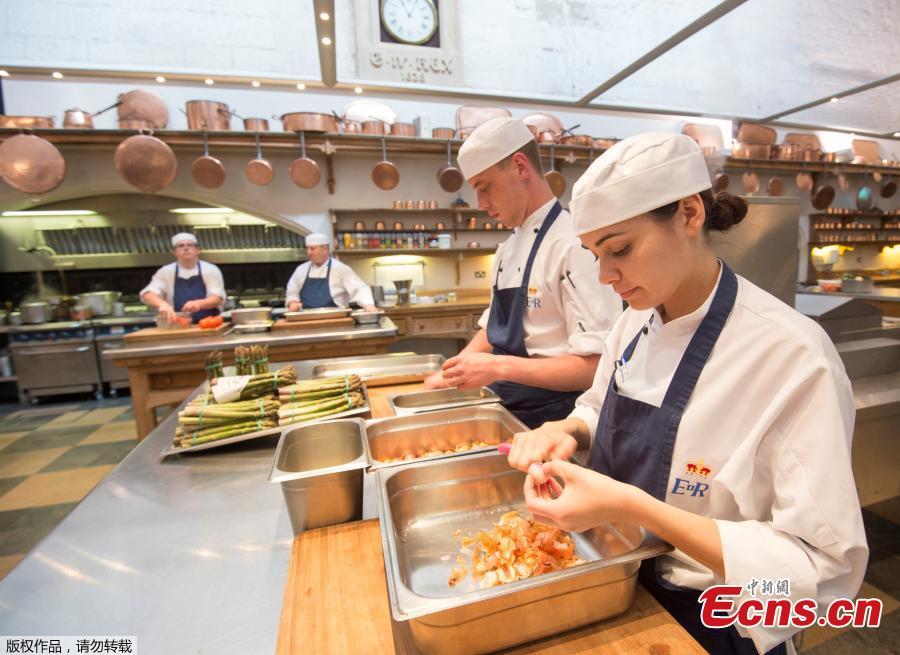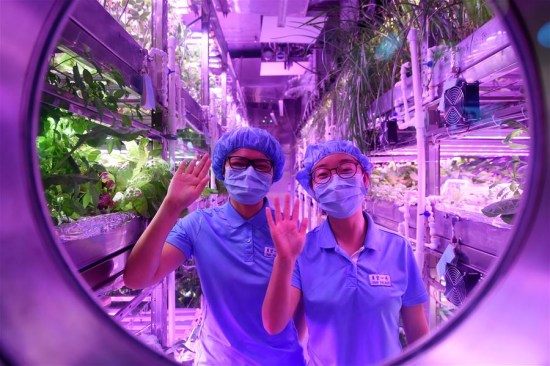Chinese Vice Premier Liu He is visiting Washington from May 15 to 25 to discuss trade issues with the U.S..
Xu Qinduo, a senior researcher at Pangoal Institution, Merrill Matthews, the resident scholar at the Institute for Policy Innovation and Suzanne Lynch, Washington correspondent of The Irish Times all came to the CGTN studios to give an insight into what we should look out for in these talks.
Xu Qinduo stressed that Liu's U.S. visit will be key to solving the current trade dispute between the two countries. According to Xu, although the earlier trip by a US trade delegation to China, led by Secretary of the Treasury Steve Munchin, failed to make any substantial progress, Liu’s mission is an important step in the process.
"The trade gap between China and U.S. is the main issue that impedes reaching the agreement. China is trying to narrow the trade gap and I think the U.S. is supposed to make a corresponding compromise in terms of trade with China," Xu told CGTN. "It is expected they’ll reach an agreement as long as both sides are willing to figure it out."
Merrill Matthews, from the Institute for Policy Innovation, agreed with Xu's insights.
Matthews’ optimism is based on his analysis of U.S. domestic politics. He reckoned that pressure on President Trump has been rising over the past two months since he proposed the tariffs on 1,300 Chinese goods.
"It's a big political risk for him. Three or four months ago, the U.S. economy looked very strong, and President Trump definitely hoped that it would keep to November, when the November (midterm) election takes place," Matthews said.
"Right now, you’ve got numerous reports coming out from various sources saying the US economy has gone the hill due to the trade disputes with China, simply because they don't know whether they will get slapped with those tariffs, so that could be very damaging to the U.S. economy," he told CGTN.
According to Matthews, President Trump is facing opposition from his political rivals in the Democratic Party, who are criticizing his trade policies.
In order to insulate the economy from the worst effects of any trade dispute and win the midterm election, addressing trade issues jointly with China would be of benefit Trump’s immediate political priorities and allow both countries to maximize their trade opportunities.
President Trump has tweeted in the last few days that he is willing to address the trade issue with China.
"I think President Trump would like to have an agreement so he can move on to other things," Matthews told CGTN.
Suzanne Lynch from the The Irish Times, is also optimistic about these second round of talks.
She asserts that President Trump is a politician who is willing to devise policy “quite instinctively, quite impulsively” based on his own interests. She pointed to the fact Trump announced on Sunday, in a tweet, that he was reconsidering his actions, citing its adverse impact on Chinese tech firm ZTE.
Lynch stressed that President Trump's policy stance is based on him doing well in the midterm elections. However, his trade policies are harming the campaign. If America applies tariffs to Chinese goods, the farmers in the American West will actually suffer the most.
Neither Lynch nor Matthews believed that the move will bring any benefits to the US manufacturing workforce as Trump had promised. Both of them remain optimistic about the result of the talks.









